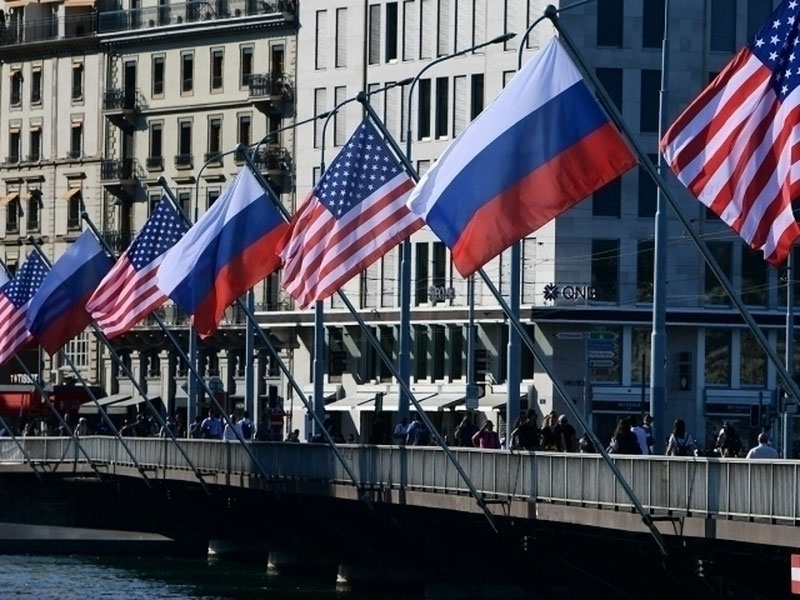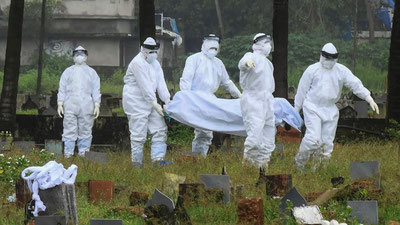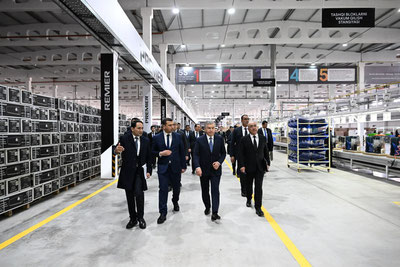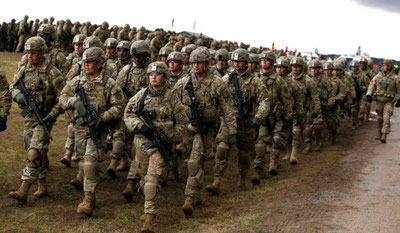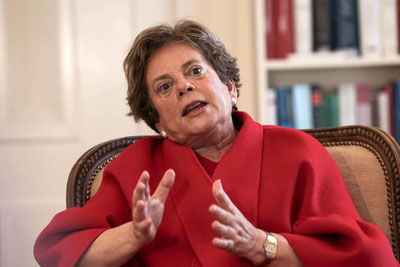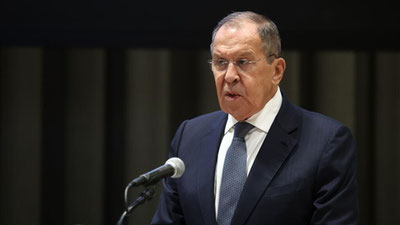On February 18, 2025, negotiations aimed at resolving the conflict in Ukraine and normalizing bilateral relations took place in Riyadh, Saudi Arabia, between delegations from Russia and the USA. The negotiations, which lasted almost 4.5 hours, saw the participation of Russian Foreign Minister Sergey Lavrov and Presidential Assistant Yuri Ushakov, and from the US side, Secretary of State Marco Rubio, National Security Advisor Mike Waltz, and Special Envoy for the Middle East Steve Witkoff. Representatives from Kiev were not invited to this meeting.
Main results of the negotiations
The following agreements were reached at the end of the negotiations:
• Creation of a consulting mechanism: A decision was made to establish a permanent consulting mechanism to eliminate "sharp factors" in bilateral relations. This includes measures necessary for normalizing the activities of diplomatic missions.
• Formation of negotiation groups to resolve the conflict in Ukraine: Special negotiation groups will be formed to peacefully resolve the conflict.
• Geopolitical interests and economic cooperation: An agreement was reached to lay the foundation for cooperation on potential economic and investment opportunities that may arise after the war, as well as on mutual geopolitical interests.
Russia and the US proposed a three-stage peace plan in the negotiations. This draft plan includes ceasing fire, conducting elections in Ukraine, and signing a final agreement.
As emphasized by the US State Department, "a single phone call between the two country leaders and the subsequent meeting are not enough to establish firm peace. We need to act, and today we took an important step".
Some sources suggest that a meeting between Trump and Putin could take place as early as next week. However, the Russian delegation has denied this news.
Reaction of Ukraine and the European Union
The absence of representatives from Ukraine and the European Union in the negotiations has caused dissatisfaction in Kiev and European capitals. Ukrainian President Volodymyr Zelensky announced that he would not accept any negotiation results conducted without Ukraine's participation. European leaders expressed similar sentiments, showing their displeasure at not participating in the negotiations.
Position of European countries
Leaders of European countries held an extraordinary summit in Paris to express their dissatisfaction with not participating in the negotiations. The meeting, attended by French President Emmanuel Macron, German Chancellor Olaf Scholz, and British Prime Minister Keir Starmer, discussed European security and support measures for Ukraine. According to Scholz, "discussing peacekeeping forces during ongoing warfare is absolutely premature and unacceptable".
Hungarian Prime Minister Viktor Orban sarcastically noted that "European countries will learn about the outcome of the negotiations on Ukraine through newspapers". Orban stated that the leaders of major EU countries missed the opportunity to start the negotiations. "They remained on the side of the war, although we have been persuading them to follow a policy of peace for the last three years", said Orban.
The head of the Rheinmetall defense concern, Armin Papperger, also criticized European countries for being left out of international negotiations on Ukraine. According to him, Europe fell into this situation because it did not pay enough attention to the defense sector. "That's why they were placed at the children's table," said the concern's head.
Currently, consultations on the issue of Ukraine under the leadership of French President Macron have begun among European countries. These meetings discuss sending troops to Ukraine and creating a common EU army.
Impact on international relations
The negotiations between Russia and the USA have started a new phase in international relations. However, the exclusion of Ukraine and the European Union from the negotiations has heightened their concerns and demonstrated the necessity of their participation in future diplomatic processes. The outcomes of the negotiations and their transformation into practical steps will be closely monitored by the international community.
Abdulloh Sayyid
